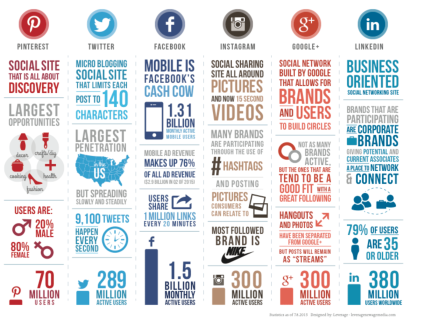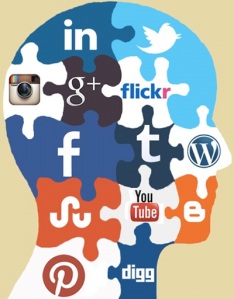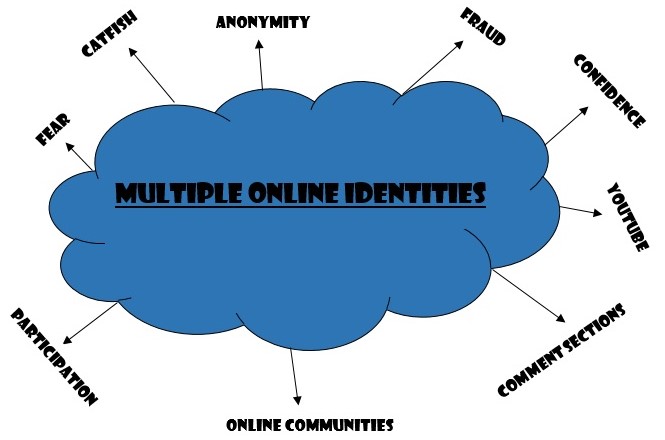
Reflection on Topic 2
After reading a variety of other student’s responses to this topic it became clear that many people had similar views to me. I did not expect quite so many people to bring up the point of MTV’s ‘Catfish’, however I think that this illustrates just how much of a concern it is in today’s society.
Almost everyone seemed to agree that in terms of professionalism it is a good idea to keep your social life (i.e. Facebook) separate from your professional accounts such as LinkedIn.
Continue reading →



















